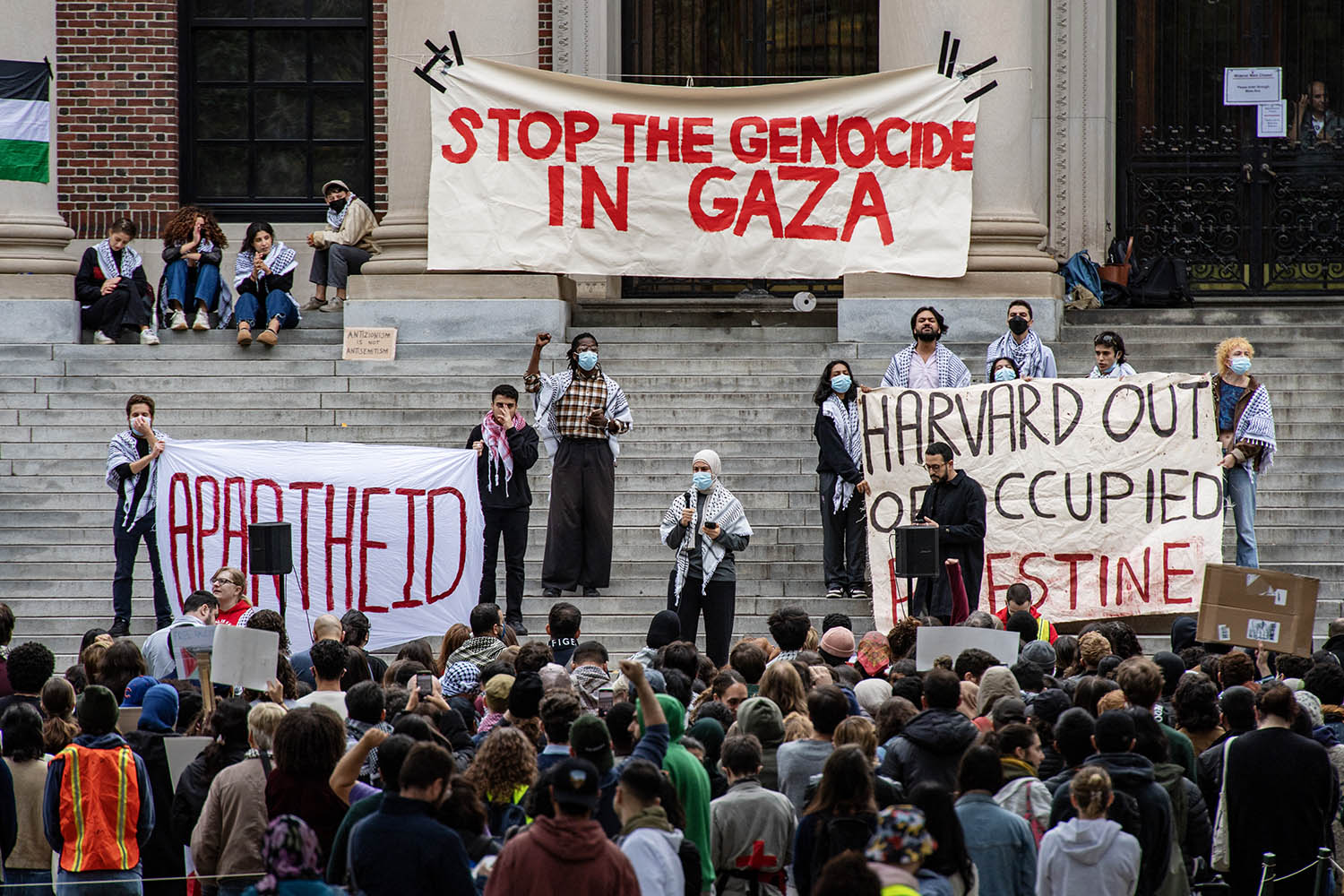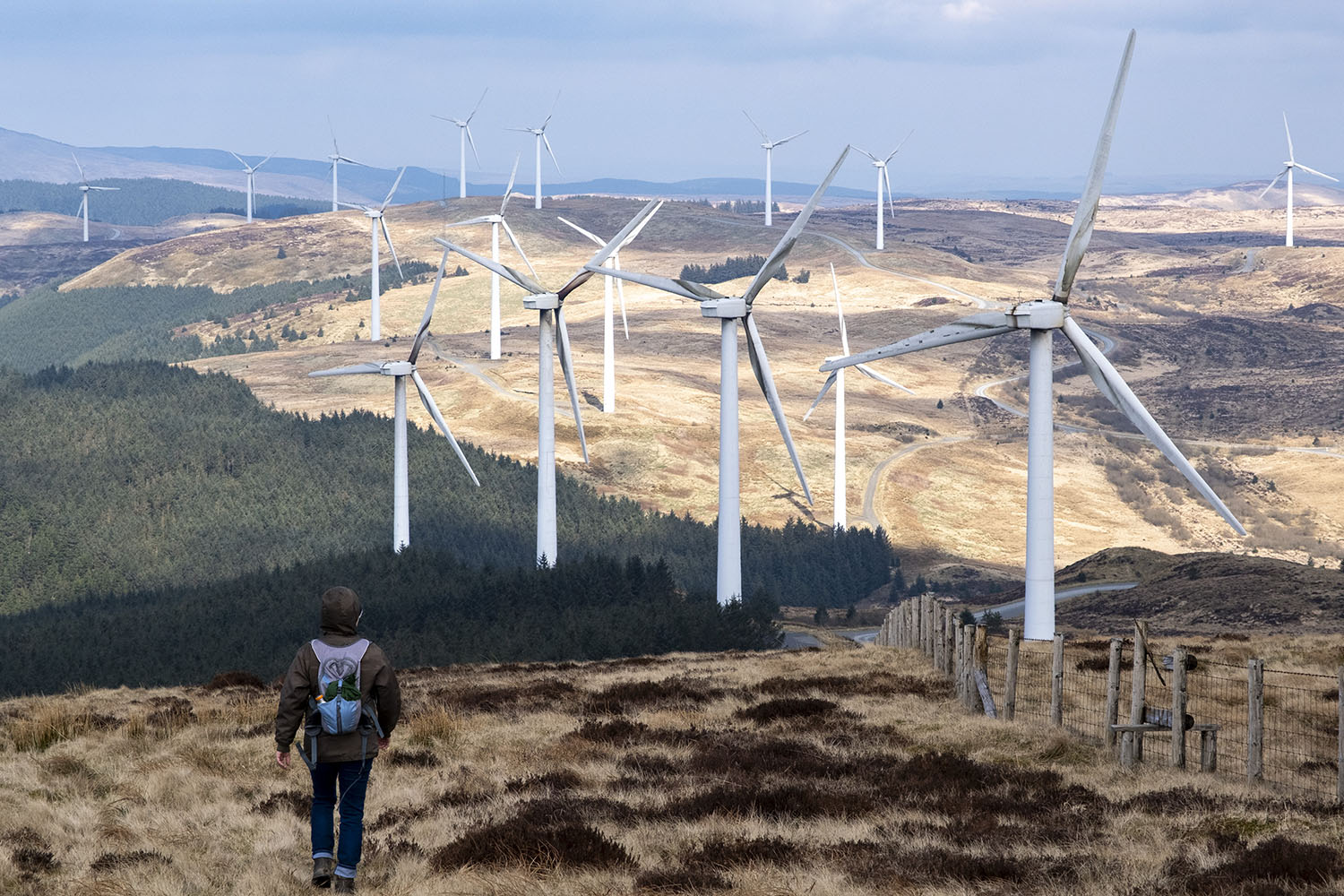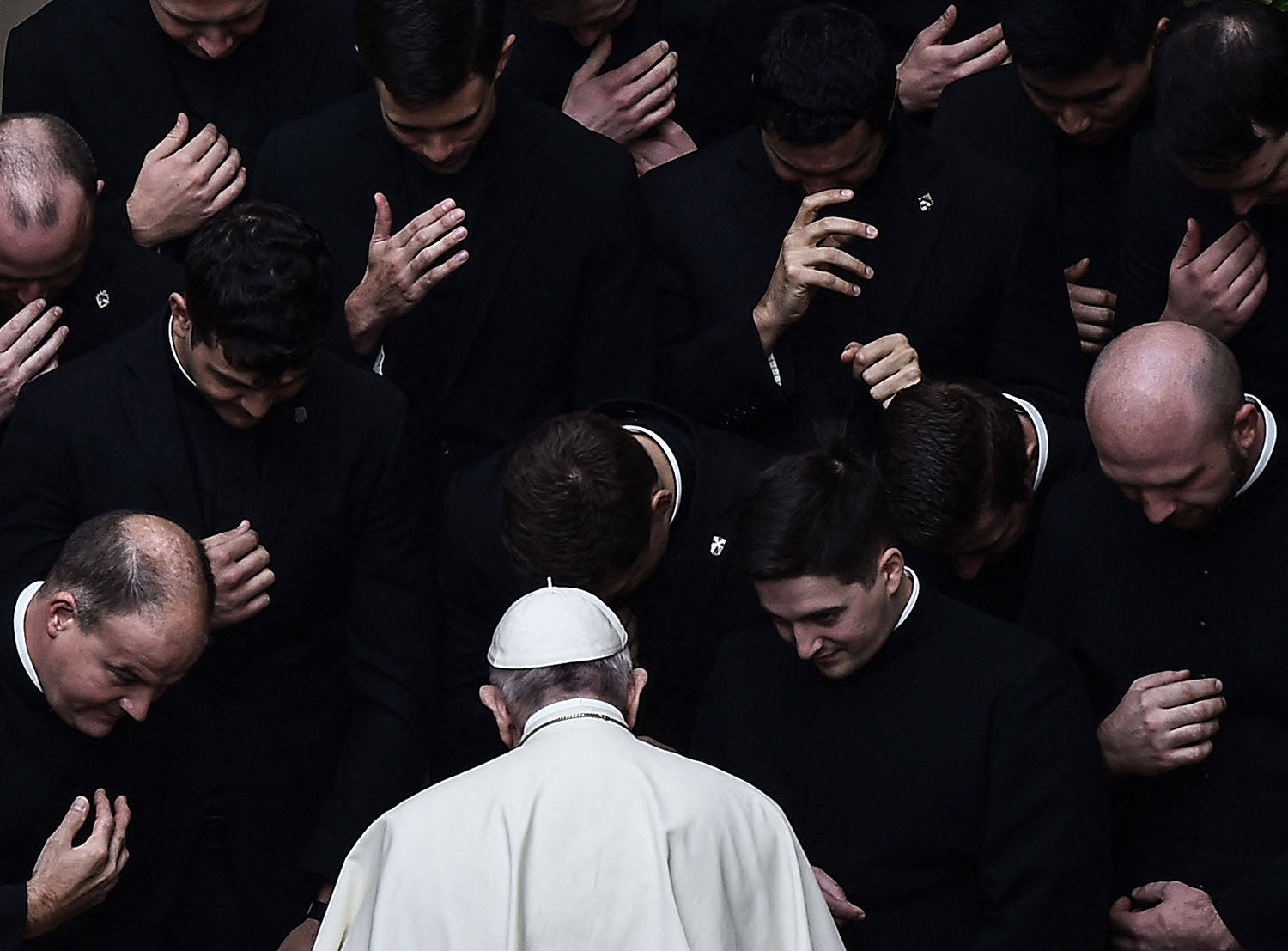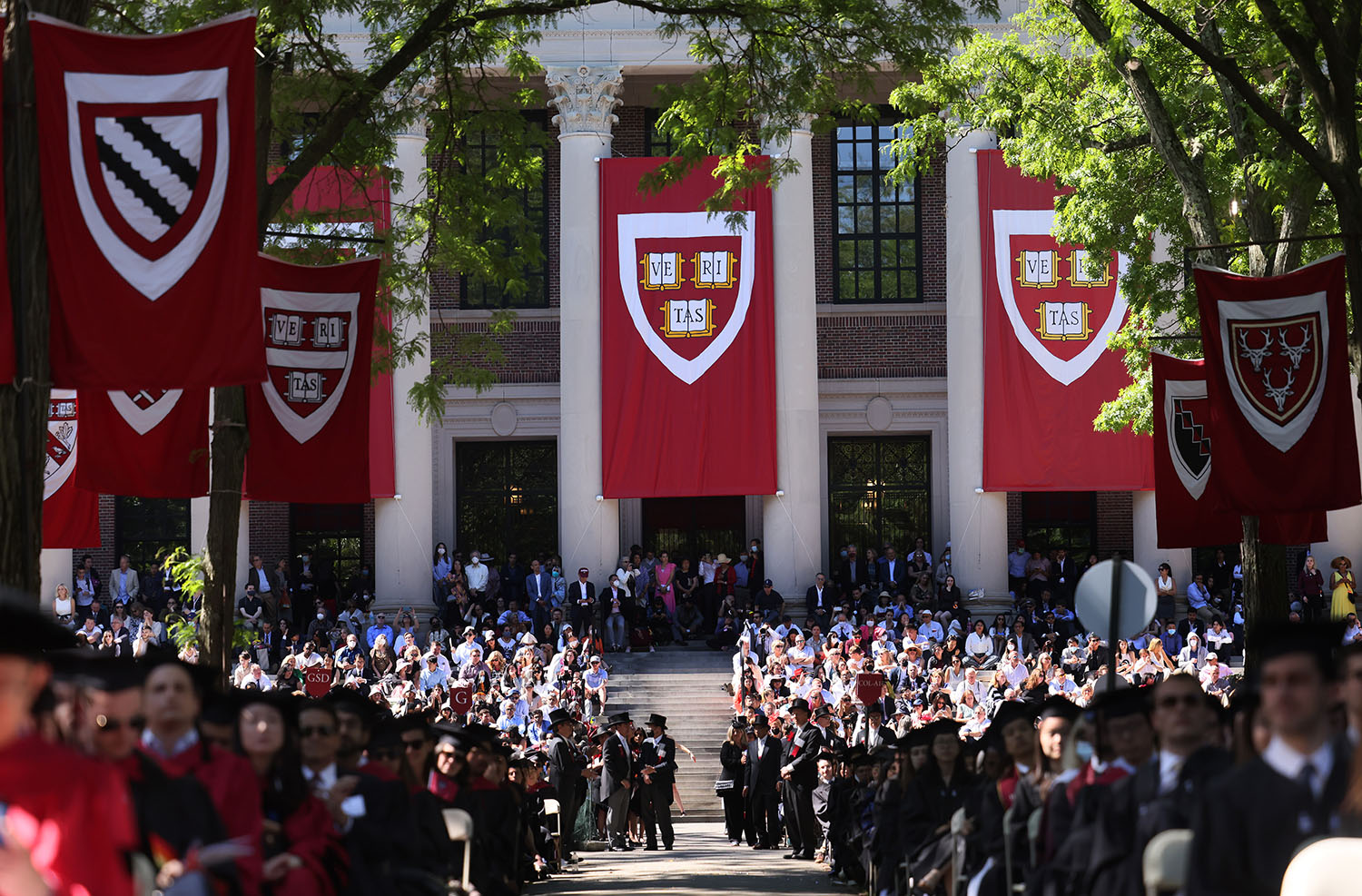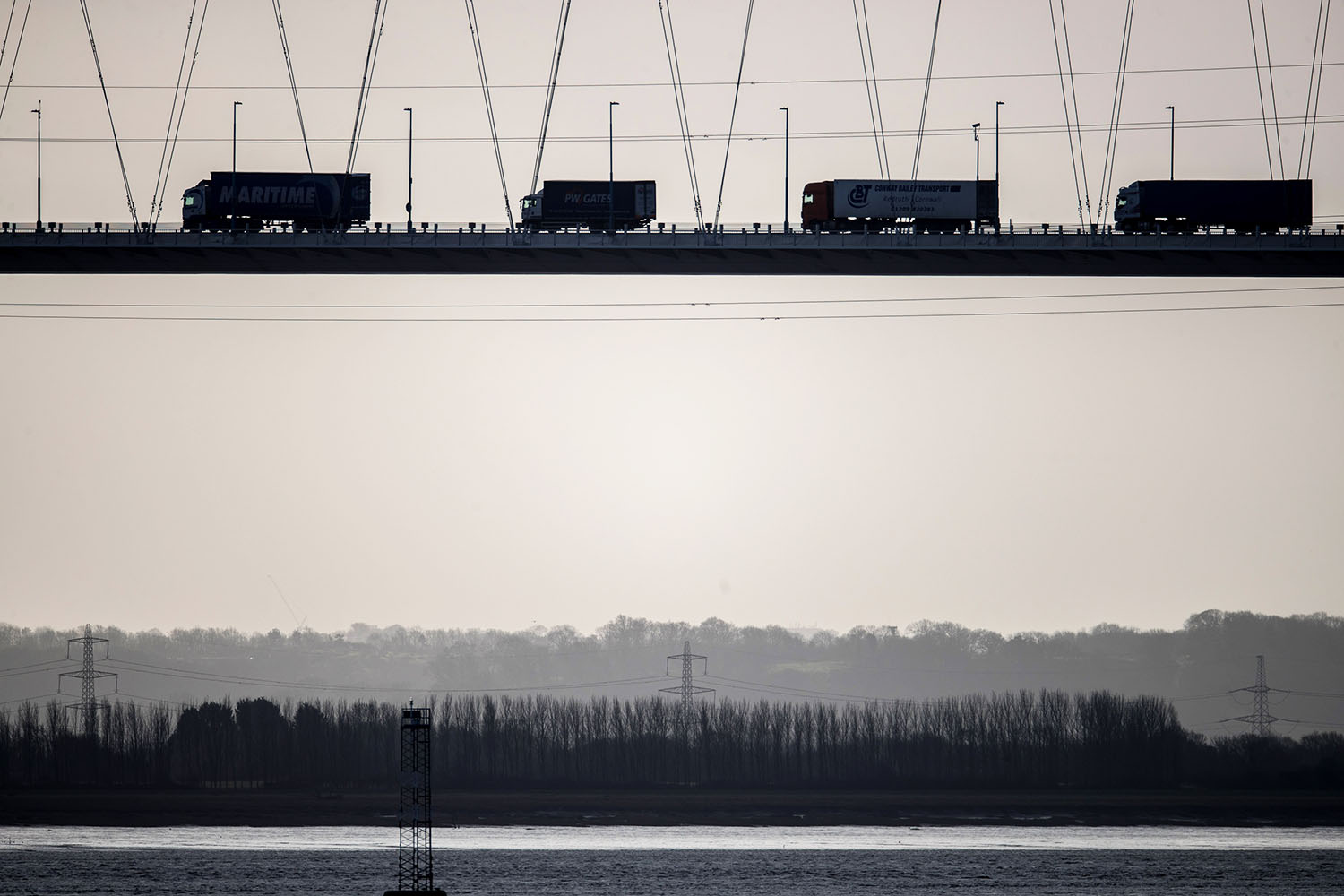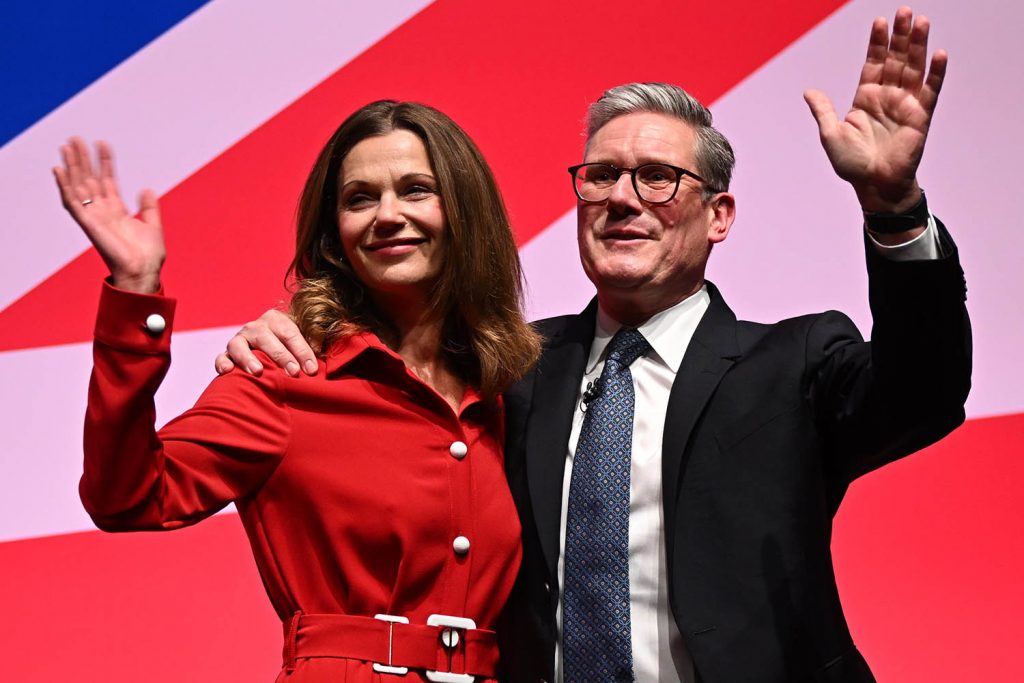
Labour’s first party conference back in power has been dominated by questions over freebies, cuts to pensioner benefits and whether there is light beyond the gloom. If there is, it’s faint. Less than three months after the election, this gathering should have been Keir Starmer’s victory lap. Instead the focus was on whether Labour could stop hostile briefings, lift the mood and offer a roadmap for the change promised to voters. Yesterday, Starmer tried to reset the narrative with a speech light on policy and flecked with optimism. It was light because the Budget is just over a month away. But the failure to deliver something for delegates to get excited about means they were free to obsess over an area of tension on policy: means testing winter fuel payments.
Challenge I: Get past ‘passes for glasses’. In the weeks leading up to the gathering in Liverpool, Number 10 found itself mired in a row over Starmer and other ministers’ acceptance of free clothes and hospitality from Labour donor Lord Waheed Alli.
Have they succeeded? Not quite. The prime minister has said he will no longer accept donations for clothes. And yet on the morning of her speech, Rachel Reeves, the chancellor, was answering questions about who had paid for the dress she was wearing.
Challenge II: Lift the mood. Having successfully blamed the Tories for creating a £22 billion black hole, Labour figures are increasingly unhappy with the continuation of project gloom. Andy Haldane, a former Bank of England economist, suggested the government was fostering a climate of fear and uncertainty among businesses by talking the country down.
Have they succeeded? Just about. In his keynote speech Starmer acknowledged that “we do need joy”. But his only real delivery on this point was a slip of the tongue that led him to call for the “return of the sausages” – instead of hostages – in Israel, which sparked mirth on social media, if nowhere else.
Reeves arguably delivered more reasons to be cheerful. In a carefully calibrated speech, the chancellor:
- spoke proudly of being the first woman to hold her role, and how to break down barriers for others;
- sounded optimistic about the prospects for growth; and
- indicated the forthcoming Budget would “be a budget for investment”.
The last point is central to Labour’s most pressing problem: how to drive economic growth while remaining within the fiscal rules. Business-minded delegates interpreted her speech as the clearest signal that Reeves will shift financial crisis-era debt from the Treasury’s books, freeing up around £15 billion on the UK’s public finances. That, as much as Reeves’ somewhat forced smile, is bolstering confidence within a community which is grumbling about lack of engagement and concerned about elements of the anticipated workers’ rights package.
Challenge III: A roadmap for success. It’s one thing to talk about change, quite another to set out a coherent plan to achieve it. Labour is facing legitimate criticism for not using the last three months to clarify its policy agenda, which to some extent has created the vacuum being filled by stories about donors and infighting.
Have they succeeded? Not really. This conference was big on vibes, light on detail. Despite Starmer’s attempt to counter that narrative through the announcement of the Hillsborough Law, compelling public bodies to cooperate with investigations into disasters, a housing strategy for veterans and naming Aberdeen as the location of GB Energy, his hour-long speech had little of note to offer.

